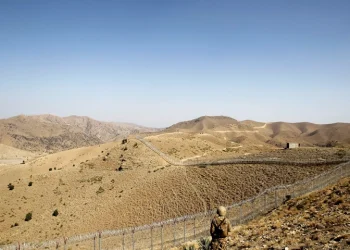LAHORE: Curbs on imports along with skyrocketing energy prices have devastated the Pakistan’s textile sector, the country’s main export industry, as 150 textile mills have been forced to close down their business in the last five months due to staggering cost of doing business.
A total of 150 spinning and weaving textile mills in the country were closed in the last five months due to an increase in the energy crisis in Pakistan, which results in the unemployment of at least 2 million people, ARY News reported.
The mill owners stated that the production cost of the industry has soared by 100% under the current government.
The owners complained about the increase in energy prices, saying “in the previous govt era, the electricity rates were Rs18, which have now increased to Rs36, petrol reached from Rs 150 to Rs 225 per liter.
The mill owners claimed that due to gas unavailability to industries along with ban on letters of credit (LCs) for imports, the textile industry face shortage of raw materials. If the matter is not addressed right now by the government, more textile mills will be forced to shut down.
It is worth mentioning that large-scale manufacturing (LSM) registered a decline of 7.75 percent year-on-year in October, with the textile, machinery and equipment, and automobiles sectors shrinking, data shared by the Pakistan Bureau of Statistics (PBS) showed this week.
Compared to August, the LSM posted an annual increase of 0.1 percent in September, according to government figures. That represented a significant improvement over July, when the LSM dropped by 1.4 percent annually.
Nevertheless, experts had expressed worries about a downturn in the economy brought on by record energy and raw material costs.
The main contributors to the YoY decline were automobiles (down 30.56pc); textile (24.62pc); machinery and equipment (38.01pc); wood products (81.75pc); computer, electronics and optical products (25.66pc); and pharmaceuticals (18.56pc).
On the other hand, the furniture sector grew 105.41pc, followed by football (65.46pc) and wearing apparel (34.14pc).
PBS data showed that LSM dipped by 3.62pc in October over the preceding month.
Moreover, in the July-October period, LSM shrank 2.89pc compared to the first four months of the previous fiscal year.
In the previous fiscal year, large-scale manufacturing grew 11.7pc year-on-year.


































